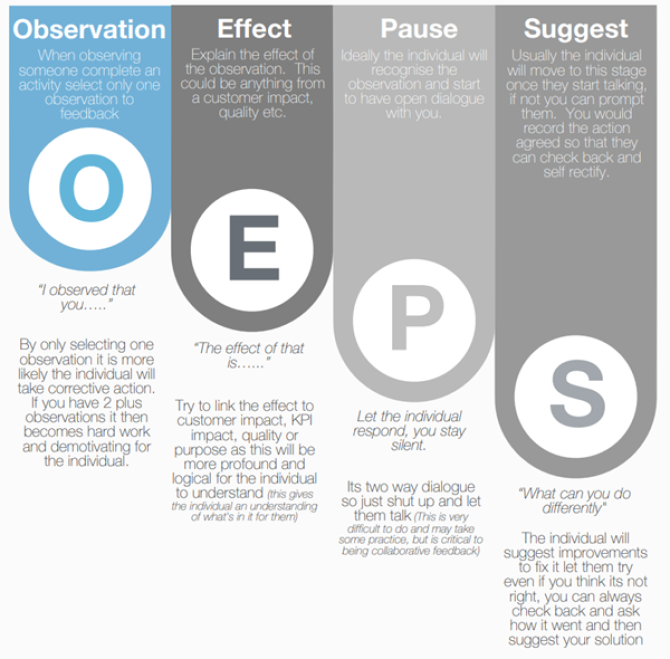
Supervising BSc and MSc students
WIAS Magazine - Fall edition 2023
Lifestyle
Participating in education is part of the responsibilities of PhD students. One way to contribute is to supervise thesis students. Supervising thesis students can be a valuable addition to your team: you're teaching them, but they can help you gain new insights into the research you're conducting. Additionally, it can teach you a lot about yourself, and help students here on campus find a research topic they enjoy. However, especially in the first part of your PhD it might seem weird to supervise someone when just a short time ago you were in their shoes. That is at least how we felt when we started supervising our first student(s). That is why we thought of composing this article, which should help fellow PhD students by showing them that they are not alone and giving some advice on where to turn to for more information and help.
Beginning phase of supervision
It is a good idea to start off by reflecting on your future role and thinking about your expectations both for yourself and your student. Of course, make sure to discuss these expectations! There are different kinds of roles and methods that you can take on as a supervisor and these roles should be adjusted according to the personality and competences of your student. For example, some students might be shyer in sharing new ideas and in this case, direct feedback might be too harsh for them. In the beginning, it could be helpful to consider what kind of educational system the student is used to, to understand their backgrounds. Also take further cultural differences into account. These include the formality in your supervisor-supervisee relationship, as well as the way feedback is given and received. It is always good to discuss worries or concerns you might have at the start of your supervising journey.
Once you start supervising – ups and downs
The first time you supervise a student is also a learning experience for you in this new role, so be patient with yourself and your student. While you know that as a PhD student, you're not omniscient, your student might assume you are. To prevent misunderstandings on this front, let your student know that both of you have limitations to knowledge. This might help them speak up about their own ideas and help them do their own interpretation of the data you gathered or received. Of course, problems can always arise during your supervisory period. Insecurities, which can go both ways, can make a thesis period or internship difficult. Talk to your student about this if you feel they're insecure, and make sure to give feedback according to the OEPS framework (Figure 1).

Figure 1 Feedback according to the OEPS framework. OEPS consists of four main steps: sharing your observation, then mentioning the effect this has on you (or others). A pause enables your feedback receiver to digest what you said. The last step is the suggesting phase, where you can suggest ways to improve on the area you gave feedback on. Image obtained from Lean Leader | DDLAonline.com
Another important issue you might come across is mental health issues your student(s) could be struggling with. Many students feel stressed, and a thesis or internship is of course an important event in their studies. Mental health issues can present as follows: worse or bad personal care, (excessive) tiredness and bad responses to email/text/Teams messages. WUR has a student psychologist (Student Guidance - Find your Way - WUR) you can refer your student to, but before you do this, try to open a conversation, starting with your observation and worries (e.g. I have noticed you're looking very tired lately, are you alright?). A further struggle for you as a supervisor could be the number of students you have to supervise, resulting in a lack of time for personal support and supervision. If you come across this situation: ask for help and communicate your own boundaries to the student too! Your own daily supervisor might be able to help. Additionally, other PhD students on your project, or experienced research technicians might be able to offer support if you're not around or have other urging business. As you see from the part above, the role of a supervisor is not always easy: you might encounter situations that seem impossible to handle, or students with whom the process does not run smoothly at all. Luckily there is a lot of help that you can make use of. There are two courses offered at WUR, one aimed at inexperienced supervisors (Start to supervise BSc & MSc thesis students) and one aimed at supervisors with some experience, meaning that they have already supervised more than 2 students (Supervising BSc & MSc thesis students). There is also an intranet page dedicated to giving supervisors some guidance. In addition to following these courses, sharing experiences with fellow PhD students with more supervision experience, as well as your supervisors (who generally have experience supervising BSc, MSc and PhD students), can help to find tips and tricks on how to handle difficult situations. Additionally, their input might help you find a good balance between supervising (or micromanaging) and teaching students, giving them space to learn for themselves.
Once you're done: What was in it for you?
Teaching students can, first of all, help you develop some of your own skills. These include learning more about a subject and conveying this information in different ways, as well as giving and receiving feedback. Secondly, it can help you build your own confidence. Supervising is not an easy task, and being a relatively new PhD student means you might not feel completely secure in your own work field. Being able to teach a student new (lab) techniques, or ways to analyze data, shows you that you’ve grown as well: to explain new material or help students learn new skills, you, as a supervisor, need to understand this material or technique too. Faith in your skills, and the possibility to further work on these skills, can help enhance confidence in yourself and the techniques you use. Thirdly, allowing students to carry out their theses under your guidance can result in extra data or ways to analyze these data. Taking on students to supervise might thus help you carry out and process experiments and data faster. Additionally, they can help make lab days or endless data mining feel less tedious. Lastly, the feeling of gratitude most students show towards you for help and guidance during their thesis probably makes up for all the struggles you might encounter during the supervision period!





